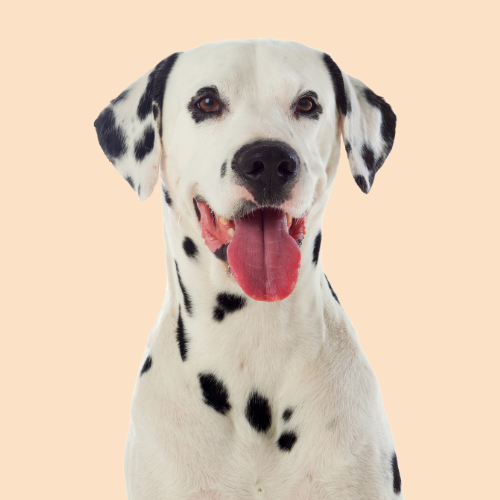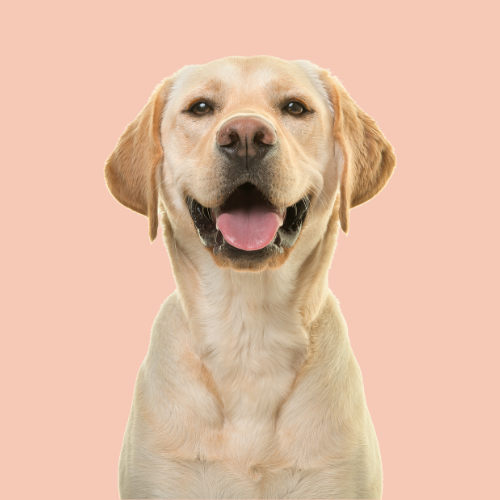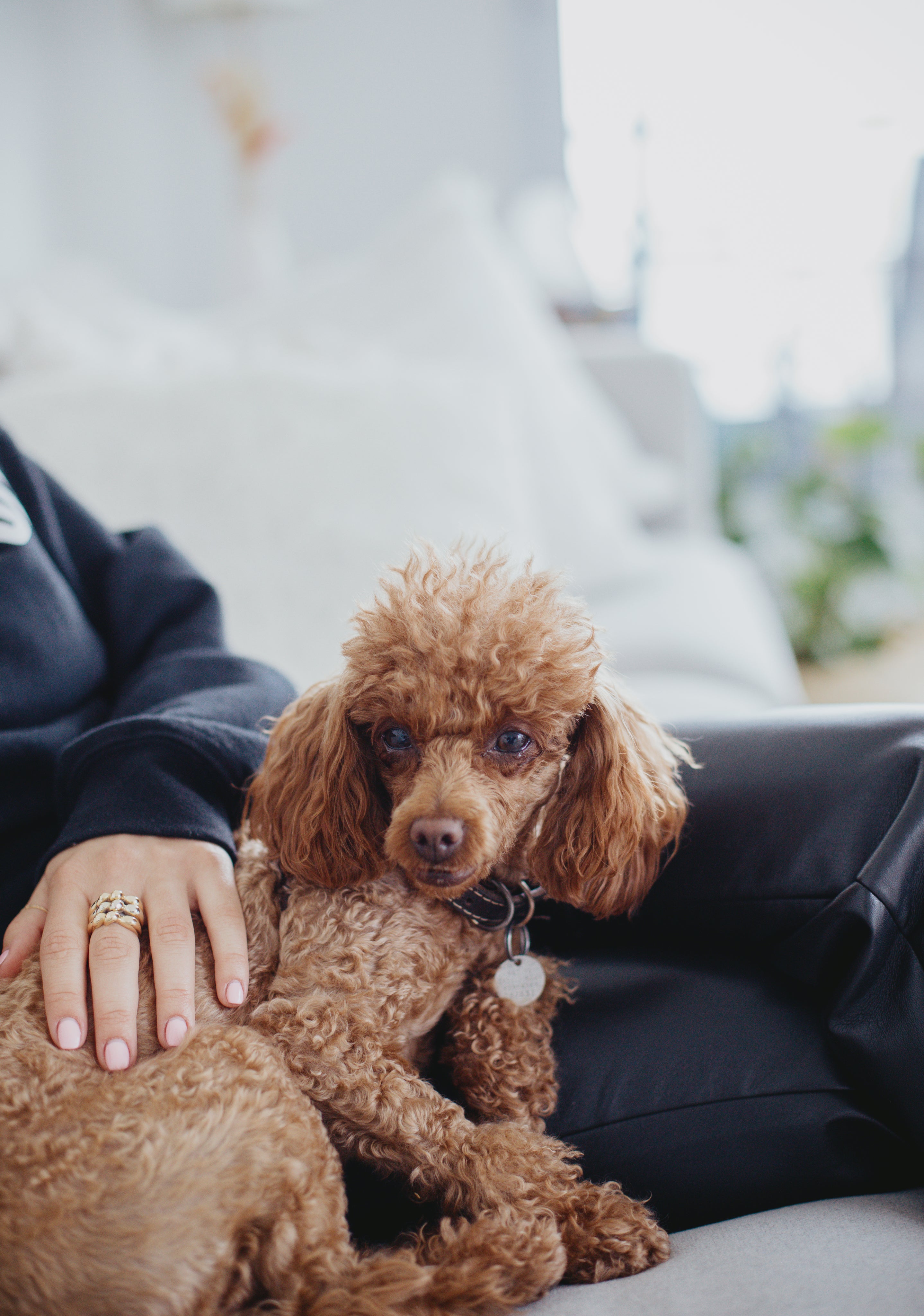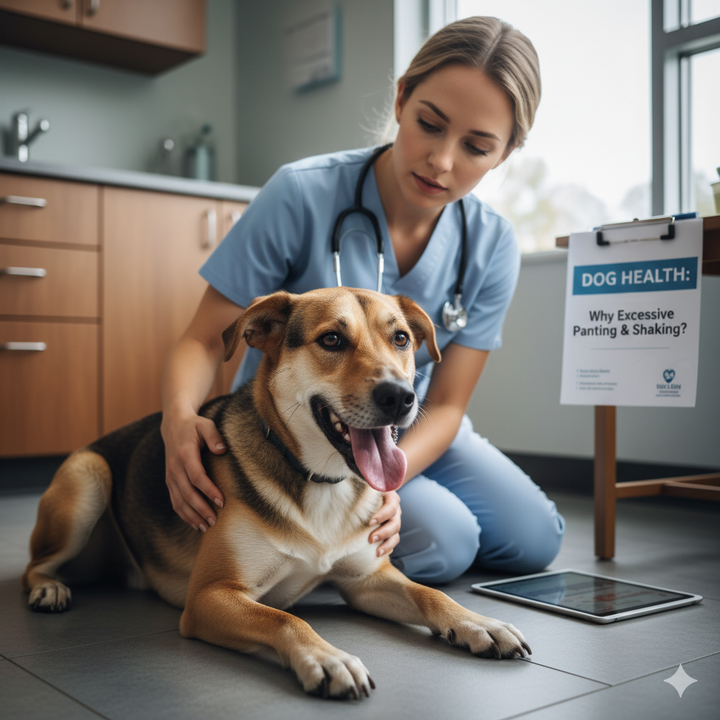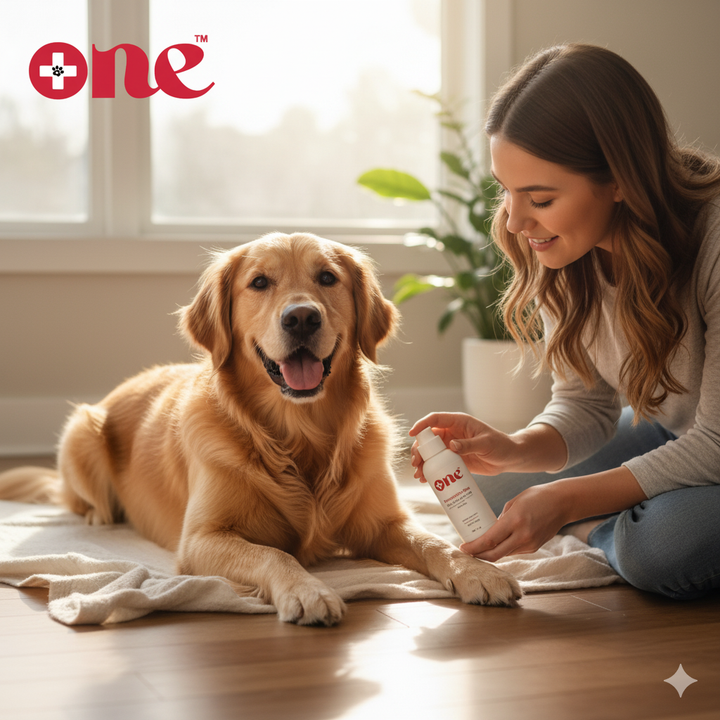How Often Should Dogs Poop? The Ultimate Vet-Approved Guide
How Often Should Dogs Poop? The Ultimate Vet-Approved Guide
More Than Just a Number: Understanding Your Dog's Daily Routine
As responsible dog owners in Australia, the daily walk often includes the familiar—and necessary—ritual of the poop scoop. While we're proud to help you manage the cleanup sustainably with our Pawsitive One compostable bags, have you ever stopped to wonder: "How often should my dog actually be going?"
It’s one of the most common questions veterinarians get, and understanding your dog's normal frequency is just as important as knowing what their poop should look like (a topic we covered in our healthy poop chart!).
The truth is, there's no single perfect number, but there is a healthy range. Knowing this range, and what factors influence it, is crucial for monitoring your furry friend’s health.
What is 'Normal' Dog Poop Frequency?
For most adult dogs, a healthy bowel movement frequency falls between one and five times per day.
However, what’s "normal" for your dog might be different from your neighbour's dog. The most important factor isn't the number itself, but consistency. If your dog usually goes three times a day, and suddenly starts going once a day, that change is your first clue that something is going on.
The Breakdown by Age:
-
Puppies: Puppies have very fast metabolisms and tend to poop much more frequently than adult dogs—often five or more times per day, especially after meals, play, and waking up.
-
Adult Dogs: Typically fall into the 1 to 5 times per day range. Many dogs will go once in the morning and once in the evening.
-
Senior Dogs: Frequency may decrease slightly due to lower activity levels and slower metabolism, but drastic changes should always be investigated.
Key Factors That Influence Poop Frequency
Several things determine how often your dog needs to stop and squat:
1. Diet and Fibre Content
-
High-Quality Food: Premium dog foods contain digestible ingredients, which means less waste. Your dog will poop less frequently and the stools will be firmer.
-
Low-Quality Food: Foods with a lot of fillers (corn, wheat, soy) produce more indigestible waste, leading to a higher volume of poop and increased frequency.
-
Fibre: Too little fibre can cause constipation; too much can cause frequent, loose stool. A sudden change in diet can always result in a temporary change in frequency.
2. Exercise and Activity
Physical activity stimulates the digestive tract (peristalsis). A dog that gets two long walks a day will generally poop more frequently than a dog that spends most of the day lounging on the couch. A sudden decrease in exercise can quickly lead to constipation.
3. Hydration
Dogs that don't drink enough water often have drier, harder stools that are more difficult to pass, resulting in less frequent movements. Always ensure fresh, clean water is available.
4. Medications and Supplements
Certain medications (like pain relievers or some antibiotics) can cause constipation or, conversely, diarrhoea, leading to a noticeable change in their routine. Always discuss potential side effects with your vet.

The Pawsitive One Takeaway
Monitoring your dog's daily routine is one of the easiest ways to be proactive about their health. The key is to establish your dog's normal pattern and watch for any persistent deviations.
And once you've done your inspection, choose a Pawsitive One compostable dog poop bag to manage the mess. It's the cleanest choice for your pet, your hands, and the beautiful Australian environment we share!


